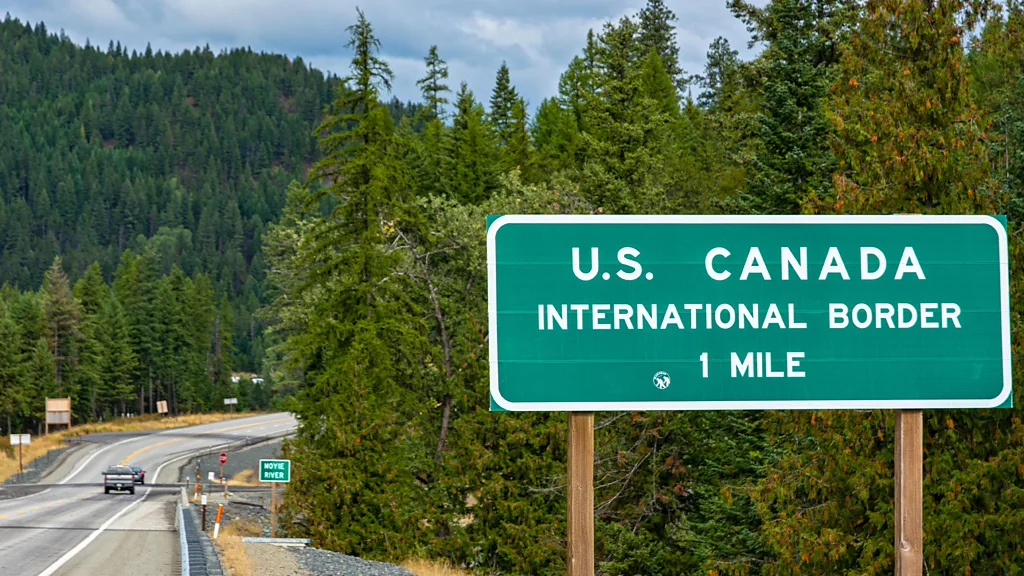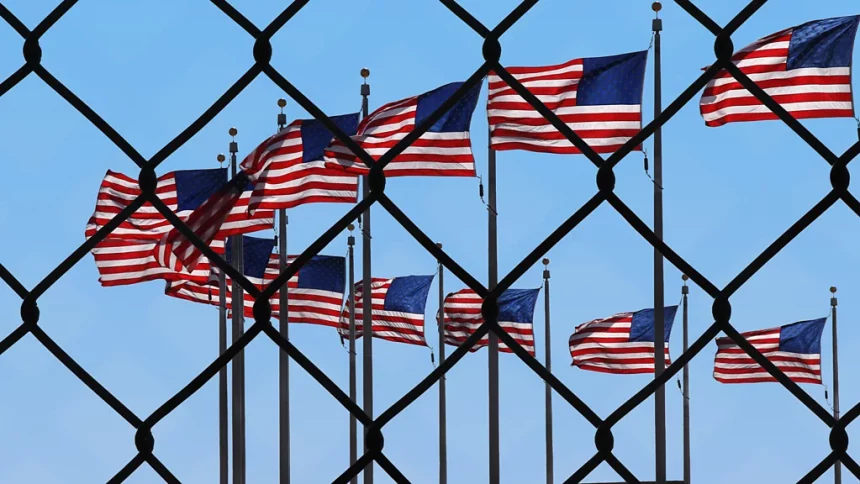As the list of nations issuing travel warnings to the US grows, some visitors are opting to boycott it entirely. Here’s why many foreigners are changing their travel plans and what this could mean for Americans.
As President Donald Trump implements sweeping new policies, issues tariffs on longtime allies and leads an immigration crackdown, some international travellers are rethinking their travel plans to the US.
The nation’s stricter border enforcement has recently led to the detention of Canadian and European tourists, prompting Germany, the UK, Denmark, Finland and Portugal to issue travel warnings and advisories for the country. Now, it appears that a growing number of voices are advocating for an all-out boycott of travel to the US.
The cold shoulder has been particularly noticeable from the US’s northern neighbour, Canada, which sends more than 20 million visitors to the country per year – more than any other nation. In response to Trump’s proposed tariffs and repeated threats to annex the nation, former prime minister Justin Trudeau recently urged his fellow Canadians: “Now is the time to choose Canada,” addThe appeal seems to have caught on, as many infuriated Canadians are now boycotting US holidays. In February, border crossings were down by more than 20%, according to Statistics Canada. The US Travel Association estimates that even a 10% reduction in Canadian visitors could result in $2.1bn in lost spending and 14,000 job losses.

While some Canadians are snubbing the US because of policy changes, others say they simply don’t feel as safe as they once did.
“My partner and I decided not to go ahead with our planned vacations to the US this year,” said Canadian travel journalist Kate Dingwall. “I worry about the border and getting stuck somehow, especially with how prickly Trump is to Canada. There’s just a sense of uneasiness around visiting America at the moment.”
Keith Serry, a writer and comedian based in Montreal, Quebec, cancelled five April appearances in New York City (including four shows at the upcoming New York City Fringe festival) due to the tense political situation.
“This decision will, of course, rob me of the opportunity to share my art with many of you in New York I’ve grown to know and love,” he wrote on his Facebook page. “That said, the honest truth is that I just don’t feel safe travelling to the States right now. In addition, I feel a powerful disinclination to spending my money in any way that might aid the economy of a hostile state.”In recent months, some Canadians have faced tougher border security than ever before – even those with clean records and valid documents. One woman made international headlines as she was detained by ICE for two weeks in reportedly bleak conditions after her visa was revoked.
“We’re a country that prides itself, imperfectly but intentionally, on values like inclusion, equity and human rights. When those values feel out of step with what’s happening across the border, it becomes harder to justify participation,” said Amar Charles Marouf, a Canadian citizen who works as a curator at the World Economic Forum. “The political climate raises broader questions. What kind of treatment are we normalising? What assumptions are being made about who is welcome and who isn’t?”
It’s not that Canadians aren’t traveling internationally; many are simply swapping their traditional destinations. Marouf says Mexico, South America and Europe all feel more welcoming at the moment. “California will be there when this is all over, but I just feel like there’s less risk going to Portugal instead,” added Dingwall.
Some international properties have seen a bump in traffic, directly attributable to Canadians now spurning the US. “In the last several weeks, we’ve received 10-plus leads from Canadians seeking to relocate events from the United States this summer,” said Diarmaid O’Sullivan, director of sales & marketing at Hamilton Princess Hotel & Beach Club Bermuda. “This is a mix of leisure travellers, including those planning weddings, and companies relocating business events. This represents an approximately 20% increase in forecasted revenue from the Canadian market.”










